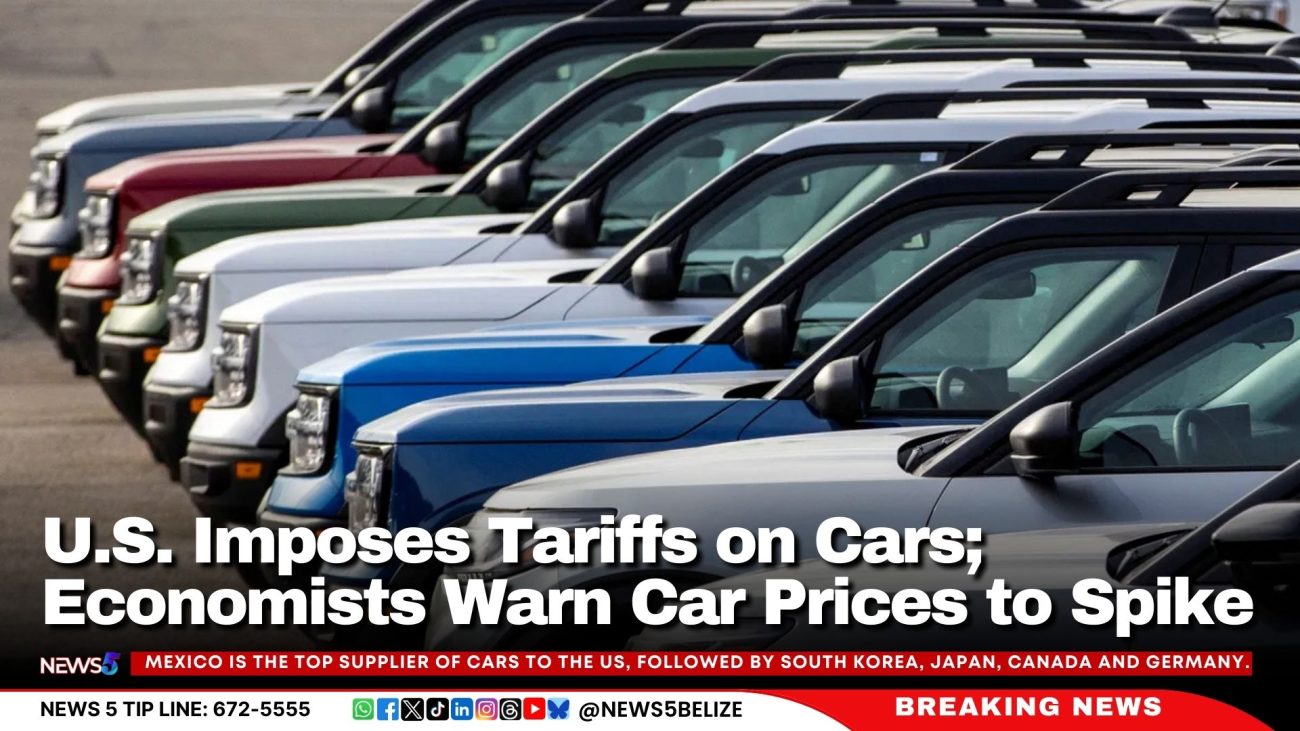U.S. Imposes Tariffs on Cars; Economists Warn Car Prices to Spike
President Donald Trump announced a 25% tariff on imported automobiles, effective April 3, with the goal of boosting U.S. manufacturing. Trump’s decision is part of his trade agenda, which is expected to generate $100 billion in annual revenue. The tariffs will target both finished vehicles and parts.
Trump argued that the tariffs would encourage domestic production, claiming, “This will continue to spur growth,” the Associated Press (AP) reported. Industry experts warn that the move could result in higher vehicle costs, reduced sales, and limited consumer choices. According to AP, economist Mary Lovely cautioned, “We’re looking at much higher vehicle prices,” noting that the middle and working class would bear the brunt of the costs.
The AP reported that the tariffs are expected to raise the price of imported vehicles by an average of $12,500, which could exacerbate inflation. AP also reported that automakers, including General Motors, Ford, and Stellantis, have seen stock drops in response to the announcement. The American Automotive Policy Council expressed concerns about potential price hikes and the future of the North American trade deal.
International leaders, including Canadian Prime Minister Mark Carney and EU Commission President Ursula von der Leyen, criticised the tariffs. Meanwhile, Trump indicated further retaliatory measures if allies coordinate with Canada, which has threatened a potential escalation in global trade tensions.
Mexico is the top supplier of cars to the US, followed by South Korea, Japan, Canada and Germany. According to the BBC, Germany has vowed not to back down and that Europe must “respond firmly” to Trump’s tariffs.
The International Monetary Fund (IMF) has stated that it does not foresee a U.S. recession but cautioned that a trade war could significantly harm the economic prospects of Canada and Mexico.







Facebook Comments